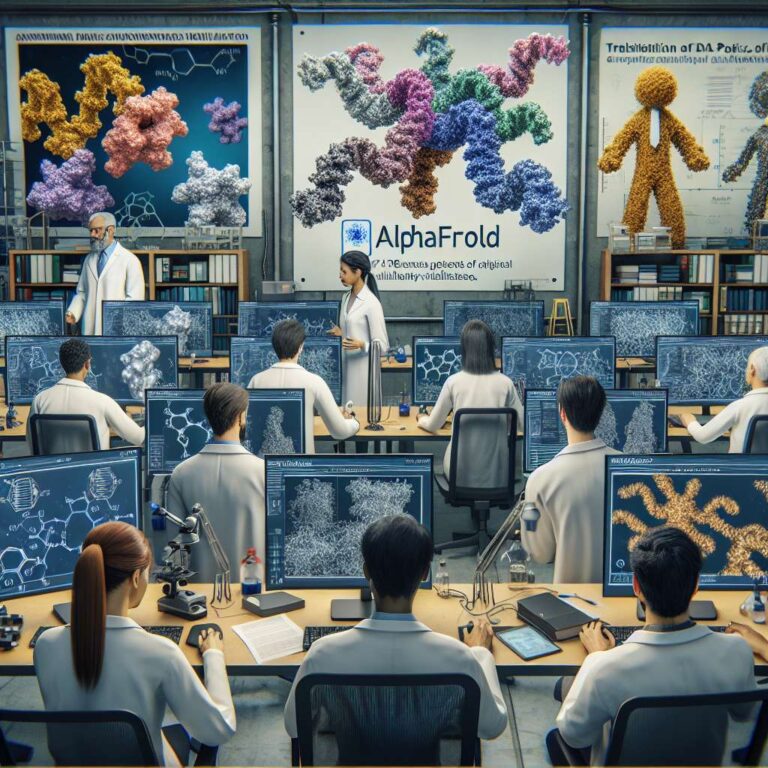Over 1 million Asia-Pacific researchers are using Google’s AlphaFold protein-folding Artificial Intelligence, accounting for 33% of AlphaFold’s three million global users. Five years after Google made AlphaFold freely available, the tool has moved from an ambitious prediction project to a foundational resource for structural biology. Professor Ji-Joon Song from Korea’s Advanced Institute of Science & Technology described AlphaFold as “like the internet for structural biology,” and his team used the tool to map previously invisible regions of proteins linked to cancer development.
Regional case studies illustrate the range of applications. In Malaysia, Dr. Su Datt Lam’s team at the National University of Malaysia is applying AlphaFold to study melioidosis, a bacterial disease that the article says claims nearly 90,000 lives annually, to understand how the bacterium’s proteins enable survival and transmission. In Singapore, researchers Jackwee Lim and Yinxia Chao at the Agency for Science, Technology and Research produced the first complete 3D visualization of a protein linked to Parkinson’s disease, revealing how the immune system can disrupt normal protein function and opening new pathways for diagnosis and targeted therapies. In Taiwan, Dr. Danny Hsu’s team at Academia Sinica validated an unprecedented prediction from AlphaFold: a “71-torus knot,” a protein fold more complex than any previously documented, demonstrating the tool’s ability to predict novel biological structures.
Japan’s discoveries in geothermal hot springs further highlight AlphaFold’s reach. Dr. Syun-ichi Urayama’s team used AlphaFold predictions to identify unusual viruses and confirmed they belong to a widespread but previously unknown family of life, a finding the article frames as rewriting a branch of molecular evolution. The piece also notes broader shifts enabled by the platform: with over 200 million protein structures now available through AlphaFold, researchers can spend less time on structure determination and more on hypothesis testing. As Google continues to develop AlphaFold – including versions that can predict interactions between proteins and other molecules – Asia-Pacific scientists are positioned to remain at the forefront of Artificial Intelligence-driven biological discovery that could reshape medicine and our understanding of life.

